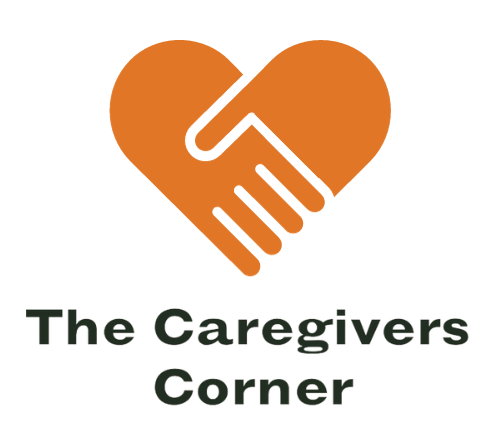When the Roles Change: 5 Tips for Navigating the Role Reversal Caring for an Aging Parent
The person who once cared for you, advised you, and seemed to have all the answers starts leaning on you for support, decisions, and even basic day-to-day care.
There’s a moment—sometimes subtle, sometimes stark—when the dynamic between you and your aging parent begins to shift. The person who once cared for you, advised you, and seemed to have all the answers slowly starts leaning on you for support, decisions, and even basic day-to-day care. It’s what many caregivers refer to as “the role reversal.” It’s profound, humbling, and emotionally complicated.
Our Journey l My youngest child often asks me, “Does Grandma still feel like your mother?”
It’s a question that always catches me off guard—usually asked in the middle of helping Mama with something, whether preparing her meal, helping with bath time, or managing her medication, reminding her of some mundane task. Sometimes, my answer comes quickly: “Yes, of course.” Other times, I pause, heart full and eyes a little distant, before saying—“Hmm… yes. Of course.”
When Mama first came to live with us, she was still very much the matriarch of our little family ecosystem. She made breakfast for my youngest before school, cooked dinner most evenings, spent joyful hours nurturing our garden, and took care of herself with grace and independence. She was helping to take care of us.
I didn’t notice the shift right away. It came gradually, almost quietly. At first, I’d remind her to take her medication or accompany her to doctor’s appointments, “just in case.”
But soon I was organizing her pills, clarifying medical test results, asking the questions she didn’t know to ask, or couldn’t quite hear the answers to. I became her advocate, her voice, and eventually—her decision-maker.
The most profound shift came after her second hospitalization. That was when the caregiving became full-circle. I found myself making decisions about every aspect of her life—her health, her meals, her finances, even her daily routines.
And then, one day, she asked me something so small and so telling:
“Do you think I should send a bereavement card to the family of so-and-so?”
This, from the woman who never missed a birthday, who once kept a box filled with cards for every for occasion. It stopped me in my tracks. That simple question laid bare the depth of her dependence now. It humbled me.
Yes, Mama still feels like my mother. But now, I must also feel like hers.
🧠 Why This Change Is So Emotional
Caring for your parent can stir up a range of feelings:
Grief over the loss of who they used to be.
Guilt for making decisions they may not agree with.
Frustration when they resist help, deny needing it, or refuse to do things they can do.
Tenderness as you realize just how much they’ve entrusted you with.
It’s not easy seeing your strong, independent parent become vulnerable. And yet, there is also beauty in being able to return the love and care you once received.
🛠️ Tips for Navigating the Role Reversal
1. Approach with Empathy, Not Authority
Even if you're now taking the lead, remember that your parent still deserves dignity. Avoid being overly directive. Ask, don’t just tell. Include them in decisions as much as possible.
2. Have the Hard Conversations
Talk openly about advance directives, finances, medical wishes, and long-term care options. These conversations are difficult, but they protect your parent—and you—from confusion and conflict later on.
3. Set Healthy Boundaries
Yes, I know the title of this blog is about role reversal, however, remember, you are their child, not their parent. You are also not their everything, even though they may rely on you for everything. Accept that you can’t do it all alone. Lean on family, friends, community resources, and professional caregivers when needed.
4. Focus on Their Strengths
Focus on what they can still do and let them do it (even when they don’t want to). Let them contribute in ways that maintain their sense of purpose and autonomy.
5. Practice Self-Care
You're doing your best in uncharted territory. It’s okay to feel overwhelmed. Seek support groups, therapy, or simply time to yourself when possible. You can find more about this in my blog Nuture the Nurturer: Tips for Family Caregivers on Balancing Self -Care with Caregiving.
💬 The Power of Connection
Caring for your parent is one of life’s hardest transitions, but it can also be one of its most meaningful. The role reversal means your relationship with your parent is evolving.
There’s still laughter, wisdom-sharing, and deep moments of connection. You may even discover new layers in your relationship as love comes full circle.
Are you caring for a parent or other elderly loved one too? When did you feel the roles begin to shift? How are you handling it?


